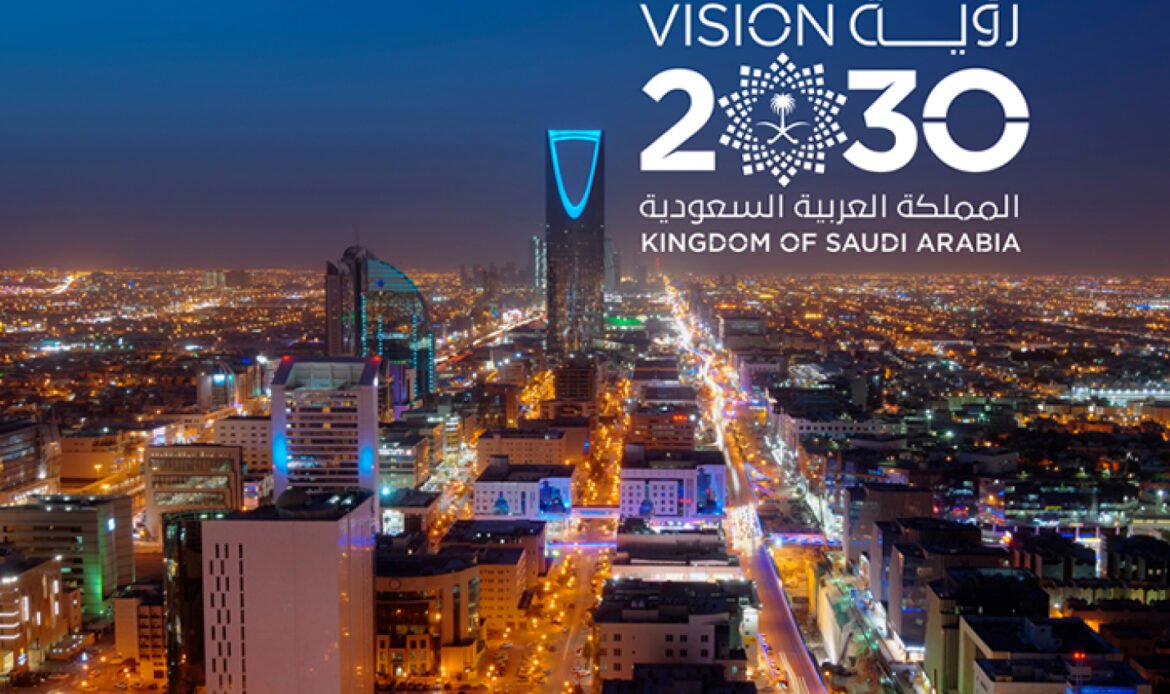By: Mohammed Ali Shahin, journalist and economical expert
Saudi Arabia, the largest economy in the Middle East, has been making significant strides in diversifying its economy and attracting foreign investments. Over the past few years, the country has launched numerous initiatives and implemented reforms to reduce its dependency on oil and open up new avenues for economic growth. Let’s explore some of the latest developments in the Saudi economy.
Vision 2030 – A Game-Changing Blueprint for the Future
Launched in 2016, Vision 2030 is Saudi Arabia’s ambitious plan to transform its economy and society. Led by Crown Prince Mohammed bin Salman, the plan aims to reduce the country’s reliance on oil, diversify its economy, and promote social and cultural reforms. The key pillars include transforming the oil giant Aramco, developing tourism, boosting the private sector, and improving the quality of life for Saudi citizens.
Oil Market Reforms and Renewable Energy
Recognizing the need to reduce its dependence on oil revenues, Saudi Arabia has been undertaking significant initiatives in the energy sector. There has been a focus on diversifying the energy mix and expanding the production of renewable energy. The country aims to increase the share of renewable energy to 50% by 2030, with plans for large-scale solar and wind projects. These steps align with the goals of the Paris Agreement and reduce carbon emissions while ensuring a sustainable future.
The Rise of the Entertainment and Tourism Industry
In a bid to attract international tourists and create employment opportunities, Saudi Arabia has been heavily investing in its entertainment and tourism sectors. The country witnessed an unprecedented development with the opening of the Qiddiya entertainment city, which is set to become one of the world’s largest entertainment destinations. Additionally, the government has relaxed visa regulations, making it easier for tourists to visit the kingdom.
Economic Diversification and Privatization
As part of its economic diversification efforts, Saudi Arabia has been privatizing state-owned companies and encouraging private sector growth. The country has launched the National Industrial Development and Logistics Program (NIDLP) to attract foreign investors and develop key sectors such as industry, mining, and logistics. The privatization of various sectors, including healthcare, education, and infrastructure, presents lucrative investment opportunities for both local and international investors.
Financial Reforms and Emerging Technology
Saudi Arabia has been embracing financial reforms and technological advancements to enhance its economic competitiveness. The launch of the Saudi Stock Exchange (Tadawul) to foreign investors has opened up new avenues for investment in the country. Furthermore, the government has been actively promoting the adoption of emerging technologies such as artificial intelligence, blockchain, and fintech to drive innovation and efficiency across various sectors.
The latest developments in the Saudi economy have laid the foundation for a more diversified and sustainable future. The Vision 2030 initiative, coupled with reforms in multiple sectors, aims to reduce dependency on oil, attract foreign investments, and create employment opportunities for the Saudi population. The focus on renewable energy, entertainment, tourism, economic diversification, and financial reforms signifies Saudi Arabia’s commitment to becoming a global economic powerhouse.
As the nation continues its journey towards economic transformation, it presents numerous prospects for local and international investors, making Saudi Arabia an exciting destination for business and investment.



